Spice Up Your Life: The 5 Essential Spices for Mexican Rice
Mexican rice—also known as arroz rojo or red rice—is a staple in many Latin American households. But let’s be real, not all Mexican rice tastes the same.
Some versions are bland and forgettable. Others? They make you question why you ever settled for anything less than flavor-packed, fragrant, tomato-blasted deliciousness.
What’s the secret sauce (literally)? Spices. Yep, it’s all about knowing which spices to use—and how much of them!
In this article, we’re diving deep into the spice drawer to uncover the holy grail of spices for Mexican rice. Whether you're a seasoned chef or a weekend warrior in the kitchen, you’ll walk away with some game-changing tips.
Table of Contents
- Introduction
- Top 5 Spices for Mexican Rice
- Flavor Profile Comparison Table
- Pro Tips for Perfect Mexican Rice Every Time
- Common Mistakes to Avoid
- Conclusion
🌶️ The Top 5 Spices for Mexican Rice
If you want your rice to sing with authentic flavor, here are the five must-have spices that will take your pot from “meh” to “¡Ay, qué rico!”
1. Cumin (Comino)
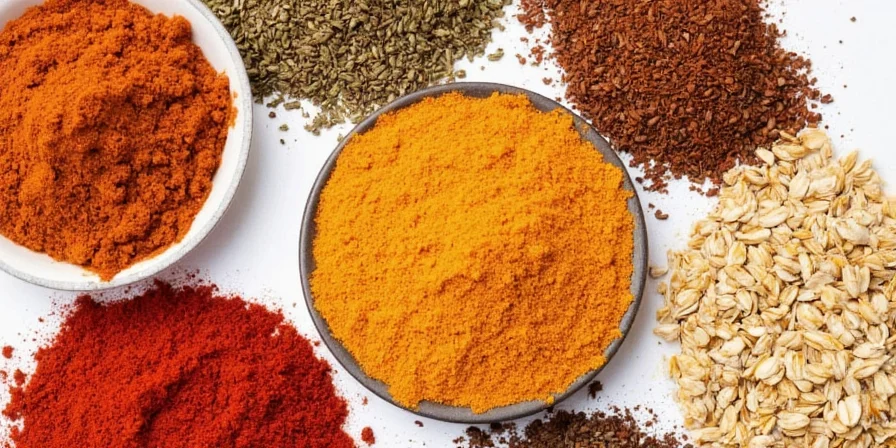
Cumin is like the backbone of Mexican rice. Its earthy, nutty, slightly smoky flavor adds depth that other spices just can’t match.
- Why it works: Cumin helps mimic the slow-roasted flavors of traditional Mexican cooking.
- Tip: Toast it in oil before adding rice to release its full aroma.
2. Garlic Powder (or Fresh Garlic)
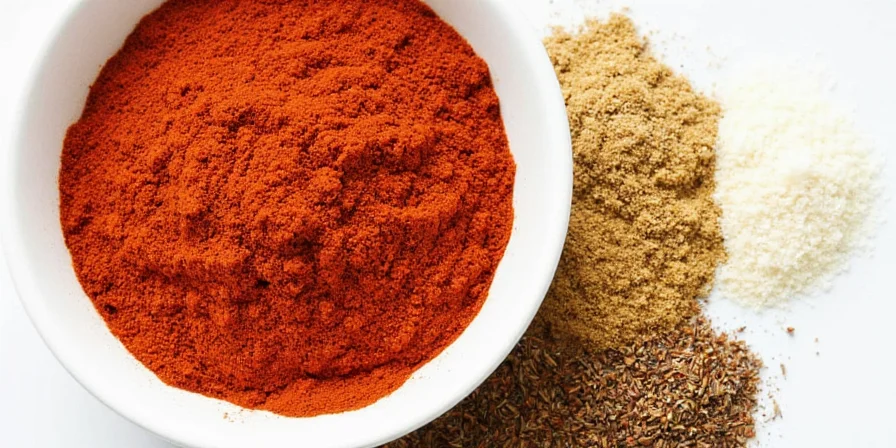
Garlic brings that unmistakable umami punch. While fresh garlic cloves are great, garlic powder is often easier to incorporate evenly without burning.
- Why it works: Enhances savory notes and pairs beautifully with tomatoes.
- Tip: If using fresh garlic, sauté it gently before adding the rice to avoid bitterness.
3. Paprika (Sweet or Smoked)
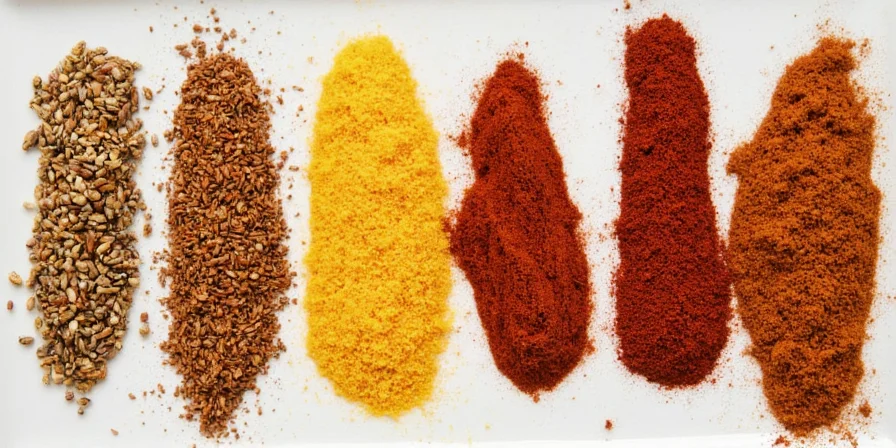
This spice adds a vibrant color and mild sweetness. Smoked paprika kicks things up a notch with a campfire-like depth.
- Why it works: Balances acidity from tomatoes and enhances overall warmth.
- Tip: Use smoked paprika if you’re going for a richer, more complex flavor profile.
4. Dried Oregano (Mexican Style, Please!)
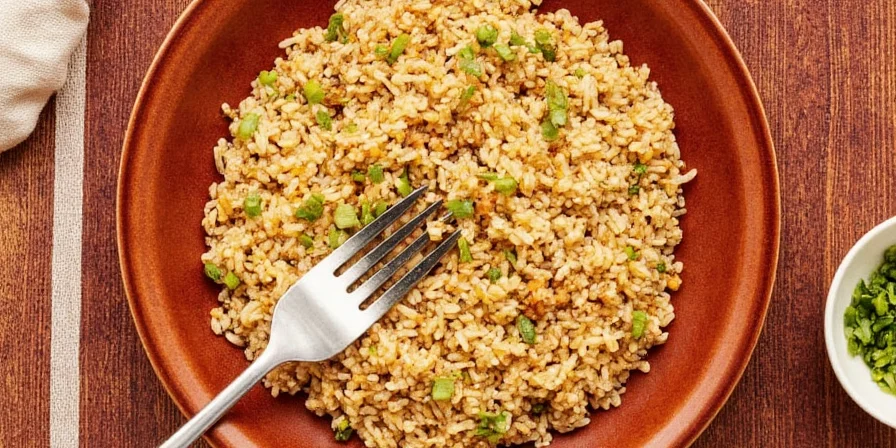
Not all oregano is created equal. Mexican oregano has a more citrusy, floral flavor compared to Mediterranean varieties.
- Why it works: Brings a herbal brightness that keeps the dish from tasting too heavy.
- Tip: Crush the leaves between your fingers before adding them to release their oils.
5. Chili Powder (The Real Deal)
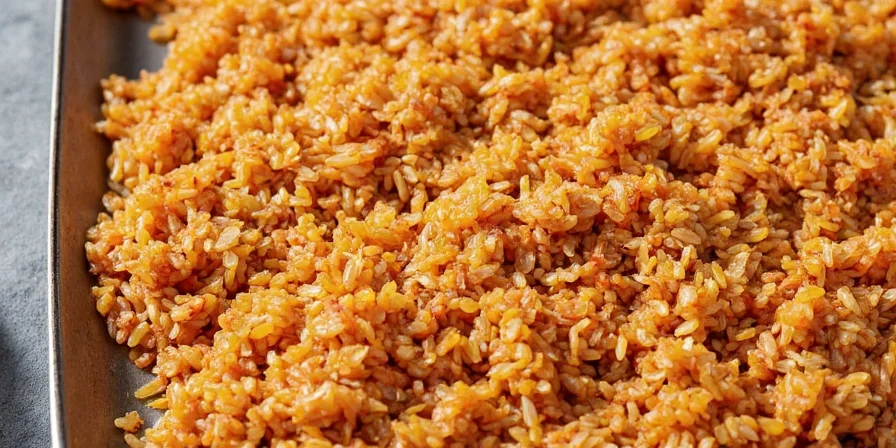
A good chili powder is a blend of ground chilies, cumin, garlic, and sometimes salt. It’s the final kick that gives Mexican rice its soul.
- Why it works: Adds heat and complexity in one go.
- Tip: Adjust according to your spice tolerance. Start small—you can always add more later.
📊 Flavor Profile Comparison Table
| Spice | Flavor Profile | Best For | Heat Level |
|---|---|---|---|
| Cumin | Earthy, nutty, smoky | Depth and aroma | 0/10 |
| Garlic Powder | Savory, umami-rich | Balancing sweetness | 0/10 |
| Paprika (sweet) | Sweet, earthy | Color and smoothness | 0–1/10 |
| Mexican Oregano | Citrusy, floral | Freshness and balance | 0/10 |
| Chili Powder | Spicy, rich, layered | Heat and complexity | 2–5/10 |
🔥 Pro Tips for Making Foolproof Mexican Rice
You’ve got the spices. Now let’s talk technique. Here are a few pro-level tricks that will elevate your rice game forever.
- To rinse or not to rinse? Yes, rinse your rice until the water runs clear. This removes excess starch so your grains stay fluffy, not gummy.
- The golden rule of browning: Sauté your rice in oil until it turns translucent. This step unlocks a deeper, nuttier flavor.
- Use chicken broth instead of water: It’s a no-brainer move for extra flavor without any extra effort.
- Add lime juice at the end: A splash brightens up the whole dish and ties everything together.
- Rest your rice: Let it sit covered for 5–10 minutes after cooking. This ensures even moisture distribution and fluffier results.
❌ Common Mistakes to Avoid When Making Mexican Rice
Even with the right spices, a few rookie moves can ruin your rice dreams. Don’t fall into these traps:
- Overcrowding the pan: Cook your rice in batches if needed to get that perfect golden brown.
- Skipping the toasting step: Toasting rice and spices develops flavor—it’s not optional!
- Using too much liquid: Stick to a 2:1 ratio of liquid to rice unless specified otherwise.
- Stirring constantly: Resist the urge once you add the liquid. Stirring leads to mushy rice.
- Not adjusting seasoning: Taste before serving and adjust salt or spices as needed.
✨ Final Thoughts: Master the Magic of Spices for Mexican Rice
Making amazing Mexican rice isn’t just about throwing in a handful of seasonings and hoping for the best. It’s an art—one that relies heavily on the careful selection and balance of the right spices.
From the earthy depth of cumin to the spicy kick of chili powder, each spice plays a crucial role in building that signature bold, aromatic flavor.
And remember, cooking is personal. Don’t be afraid to tweak quantities, swap out spices, or add your own twist. The goal is to create something that makes your taste buds dance and your guests ask for seconds.
So go ahead—grab that cumin, crush that oregano, and start simmering your way to Mexican rice greatness. ¡Buen provecho!
📸 Gallery: Spice Up Your Kitchen
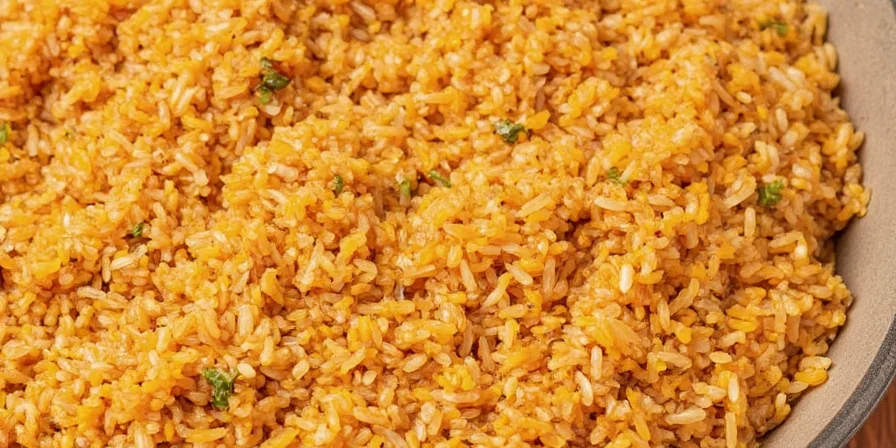
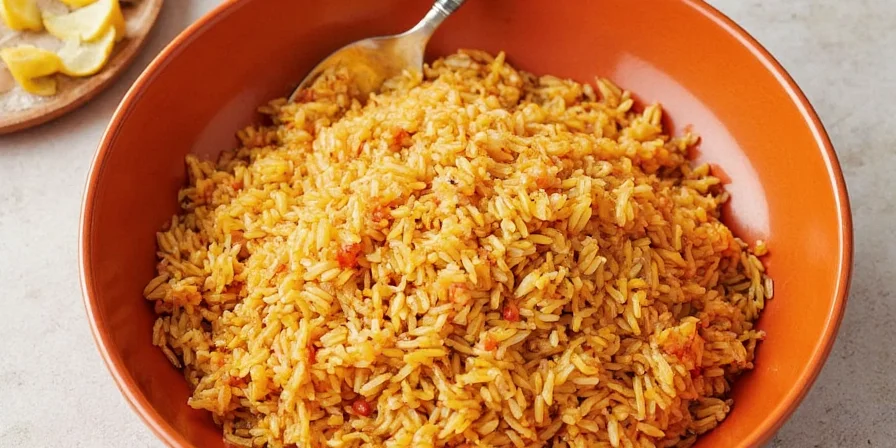
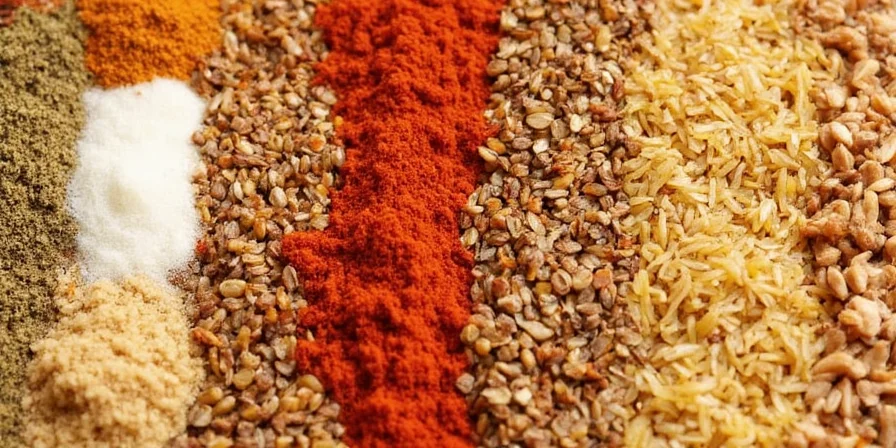
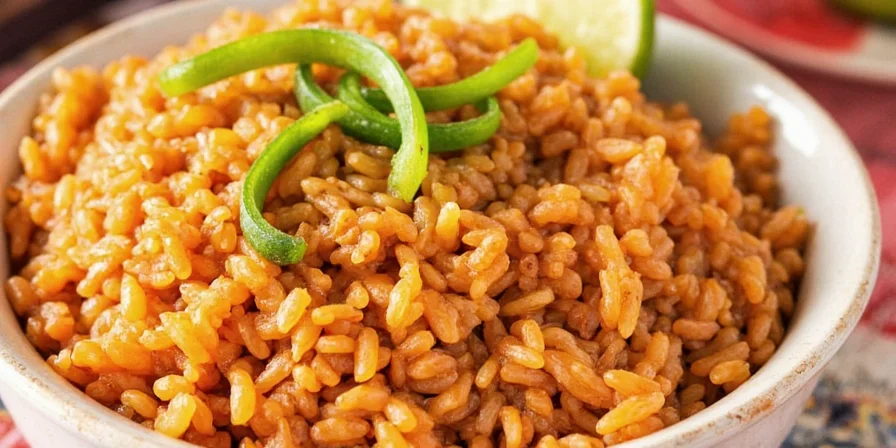
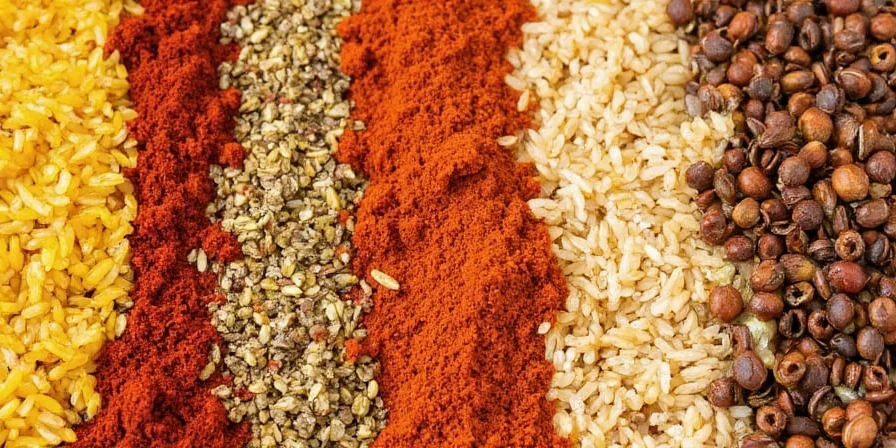

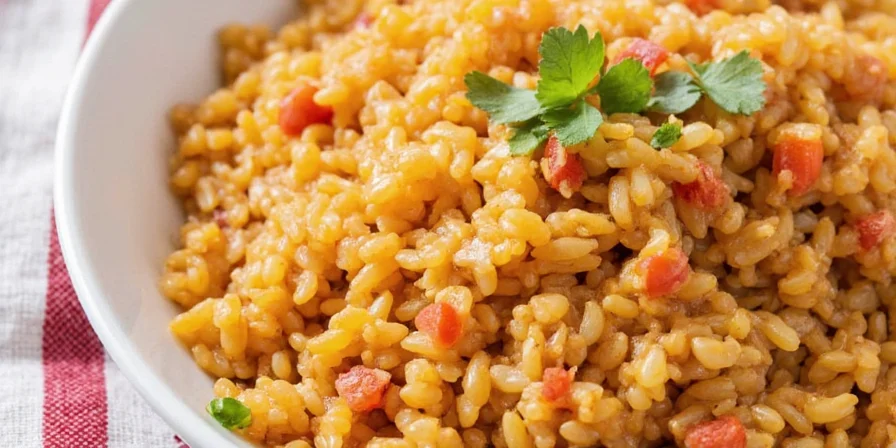









 浙公网安备
33010002000092号
浙公网安备
33010002000092号 浙B2-20120091-4
浙B2-20120091-4